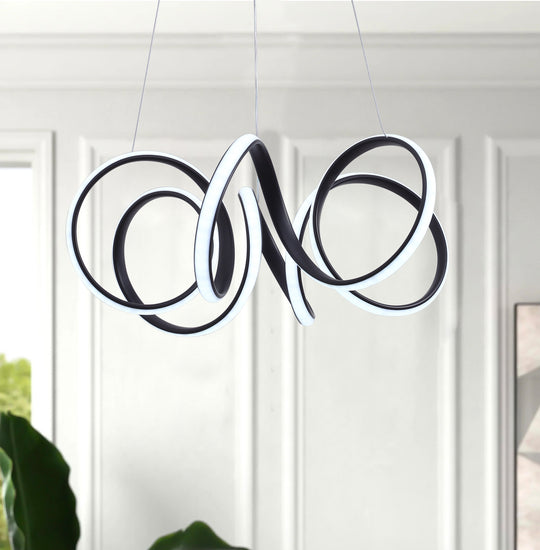The Benefits of Upgrading to LED Ceiling Lamps in Industrial Settings
Corps
In industrial settings, lighting plays a crucial role in ensuring safety, productivity, and energy efficiency. One of the most significant advancements in industrial lighting is the adoption of LED ceiling lamps. These lamps offer numerous benefits over traditional lighting solutions, making them an ideal choice for various industrial applications.

Energy Efficiency
One of the primary advantages of LED ceiling lamps is their energy efficiency. Unlike traditional incandescent or fluorescent lamps, LEDs consume significantly less power while providing the same or even better illumination. This reduction in energy consumption translates to lower electricity bills and a smaller carbon footprint.
According to a study by the U.S. Department of Energy, LED lighting can reduce energy consumption by up to 75% compared to traditional lighting solutions.
Durability and Longevity
LED ceiling lamps are known for their durability and long lifespan. These lamps can last up to 50,000 hours or more, which is significantly longer than traditional lighting options. This extended lifespan reduces the need for frequent replacements, thereby lowering maintenance costs and minimizing disruptions in industrial operations.
Improved Lighting Quality
LED ceiling lamps provide superior lighting quality, which is essential in industrial settings where visibility is crucial. These lamps offer better color rendering, uniform light distribution, and reduced flickering, creating a safer and more comfortable working environment. Additionally, LEDs can be easily dimmed or adjusted to suit specific lighting needs, enhancing their versatility.
Cost Savings
While the initial investment in LED ceiling lamps may be higher than traditional lighting solutions, the long-term cost savings are substantial. The reduced energy consumption, lower maintenance costs, and longer lifespan of LEDs contribute to significant savings over time. Moreover, many governments and organizations offer incentives and rebates for adopting energy-efficient lighting solutions, further offsetting the initial costs.
Environmental Benefits
LED ceiling lamps are environmentally friendly. They do not contain hazardous materials such as mercury, which is commonly found in fluorescent lamps. Additionally, the reduced energy consumption of LEDs helps decrease greenhouse gas emissions, contributing to a more sustainable future.
Conclusion
In conclusion, upgrading to LED ceiling lamps in industrial settings offers numerous benefits, including energy efficiency, durability, improved lighting quality, cost savings, and environmental advantages. By making the switch to LEDs, industries can enhance their operations while contributing to a more sustainable and energy-efficient future.
Product Recommendations
- LED Ceiling Lamp Model 123 - This model offers excellent energy efficiency and a long lifespan, making it ideal for industrial use.
- LED Ceiling Lamp Model 456 - Known for its superior lighting quality and durability, this model is perfect for various industrial applications.
Watch Our Video
For a detailed overview of the benefits of LED ceiling lamps, watch our informative video below:







commentaires